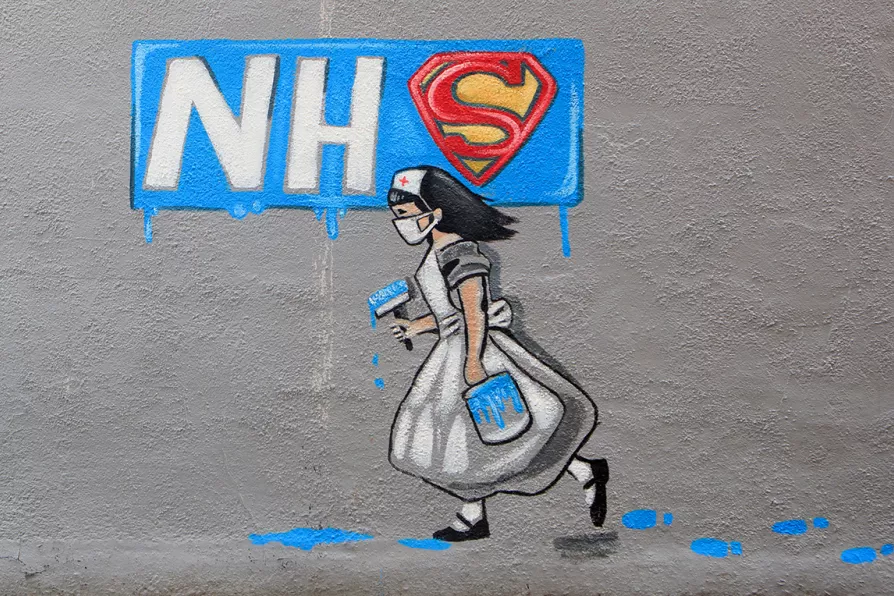The selection, analysis and interpretation of historical ‘facts’ always takes place within a paradigm, a model of how the world works. That’s why history is always a battleground, declares the Marx Memorial Library


LAST Thursday evening, just like the week before, tens of thousands of people across Britain, from their front doors, windows and balconies, gave NHS and care workers a massive round of applause.
It was a nationwide celebration of the efforts being made, and the individual risks being taken, to treat the rapidly growing number of people suffering with, and dying from, Covid-19.
It was also a very public and uncharacteristic display of appreciation — “everyone was very touched,” said my mum, a practice nurse, when she got home the following day — for a health service whose workers need all the support they can get.

We need a massive change in direction to renew a crumbling health service — that’s why Plaid Cymru has an ambitious plan to recentre primary care by recruiting 500 additional GPs and opening six new elective care hubs across Wales, writes MABON AP GWYNFOR













